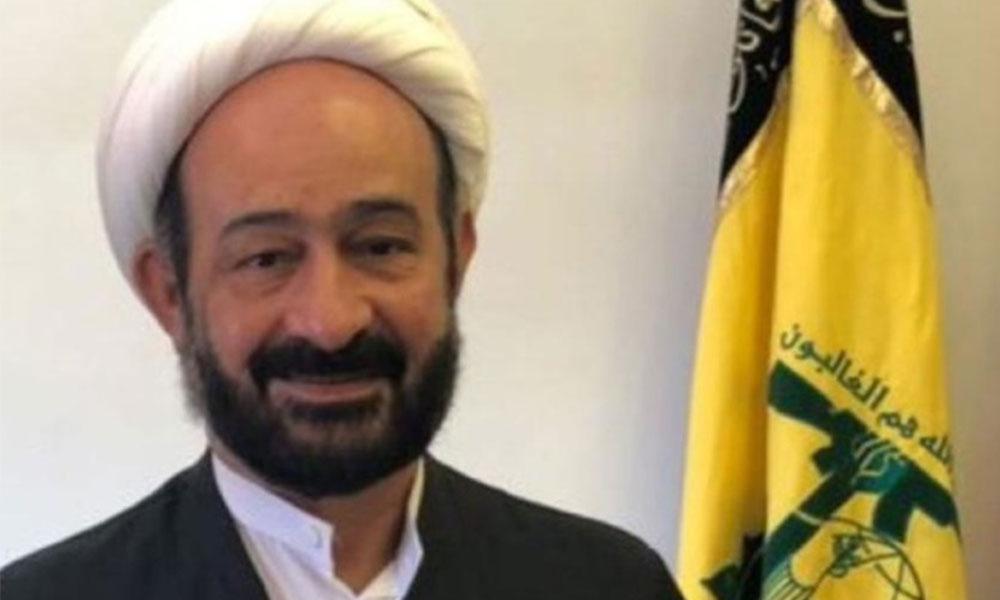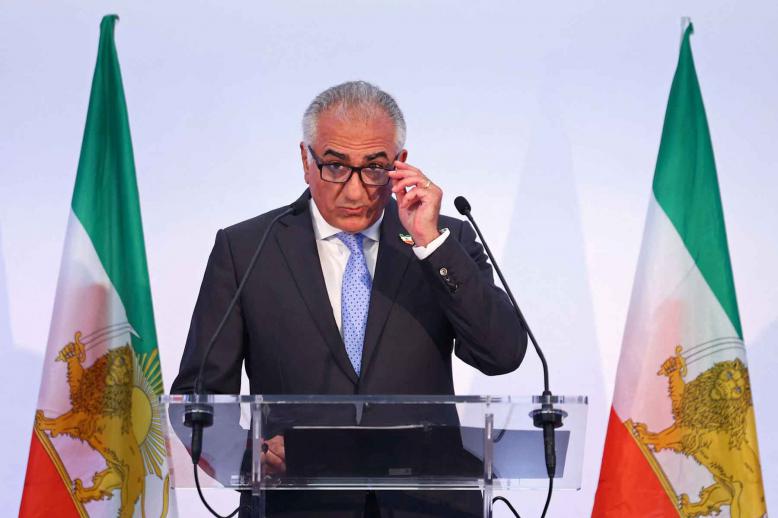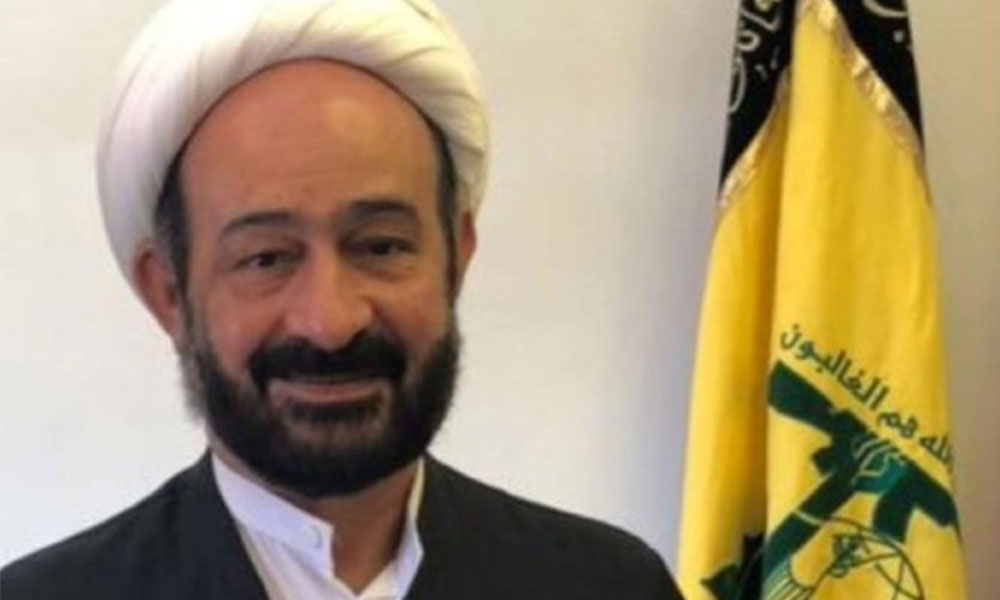US offers reward for information on Iraqi Hezbollah commander
WASHINGTON - The United States on Friday offered up to $10 million for information on Sheikh Mohammad al-Kawtharani, a senior military commander of the Islamist group Hezbollah in Iraq who was an associate of the late Iranian General Qassem Soleimani.
Announcing the reward, the US State Department said Kawtharani had "taken over some of the political coordination of Iran-aligned paramilitary groups" formerly organized by Soleimani, an Iranian Revolutionary Guard commander killed in a US drone strike in Baghdad in January.
"In this capacity, he facilitates the actions of groups operating outside the control of the Government of Iraq that have violently suppressed protests, attacked foreign diplomatic missions, and engaged in wide-spread organized criminal activity," it said in a statement.
The State Department said it was offering the sum for information on Kawtharani's activities, networks and associates as part of an effort to disrupt the "financial mechanisms" of the Lebanese-based Hezbollah.
Kawtharani was branded a global terrorist by the United States in 2013, accused of funding armed groups in Iraq and helping transport Iraqi fighters to Syria to join President Bashar al-Assad's effort to put down a revolt against his rule.
Reuters reported in February that according to two Iraqi sources and a senior Iraqi Shiite Muslim leader, Kawtharani for now was seen as the most suitable figure to direct Iraqi militias until a permanent Iranian successor could be chosen, although he did not have Soleimani's clout.
"Kawtharani has connections with the militia groups," the Shiite leader said. "He was trusted by Soleimani, who used to depend and call on him to help him in crises and in meetings in Baghdad."
Some of the duties taken over by Kawtharani include helping to coordinate Iran-backed groups' resistance to protests in Iraq seeking the overhaul of the country's political system, including what many perceive as an interference by foreign powers - namely Washington and Tehran - in Iraqi affairs.
Figures like Kawtharani and Lebanese Hezbollah leader Hassan Nasrallah are believed to be taking on a greater share of responsibility in Iran's regional power structure following the assassination of Soleimani. Writing for Politico, analyst Michael Levitt said, "since no one commander can replace Soleimani, Iran’s proxy network will now be run by committee, with the Quds Force cobbling together a crew of its more senior and experienced managers" in order to collectively fill Soleimani's role.






